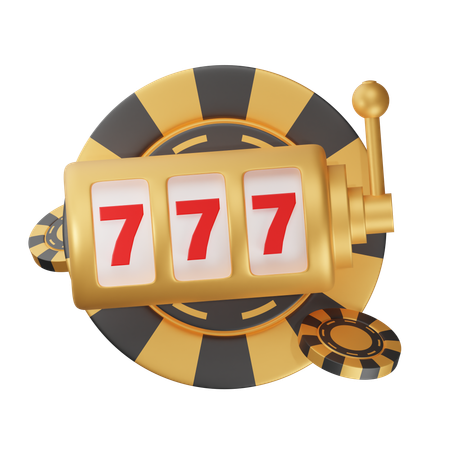SLOT DANA 5K - Akses melalui tautan situs resmi kini memberikan peluang emas bagi penikmat hiburan daring dengan modal yang sangat ekonomis. Fasilitas tersebut memastikan setiap pengguna dapat memulai petualangan mereka secara praktis sekaligus aman tanpa harus mengeluarkan biaya besar di awal permainan.
Ketersediaan sistem transaksi melalui dompet digital memudahkan proses pengisian saldo secara instan sehingga aktivitas bermain menjadi lebih efisien. Keunggulan utamanya terletak pada tingkat kemenangan yang cukup kompetitif, memberikan harapan nyata bagi siapa pun untuk meraih keuntungan maksimal setiap harinya.
Integrasi teknologi mutakhir menjamin seluruh mekanisme berjalan transparan serta bebas dari gangguan teknis yang merugikan. Segera manfaatkan kesempatan langka ini guna merasakan sensasi keseruan luar biasa lewat perangkat ponsel Anda sekaligus membuktikan sendiri kualitas layanan unggulan yang ditawarkan sekarang.
20K+ Pemain Aktif Setiap Hari!
Price:Rp 5,000
SLOT DANA 5K: Link Situs Slot Dana Modal Receh Deposit 5000 Resmi WINRATE Tinggi
TENTANG SITUS
| NAMA SITUS | SLOT DANA 5K |
|---|---|
| Jenis Permainan | Slot Dana, Slot Dana 5k, Pragmatic Play, Pg Soft |
| Akses Tercepat | Link Resmi 2026 |
| Metode Transaksi | Bank Lokal, E-Wallet (Dana, Ovo, Gopay, Linkaja) & QRIS |
|---|---|
| Minimal Deposit | Rp 5000 (Semua Metode) |
| Kecepatan Transaksi | ± 1 Detik (Deposit & Withdraw Kilat) |
| Layanan Bantuan | Live Chat & WhatsApp 24 Jam Non-Stop |



